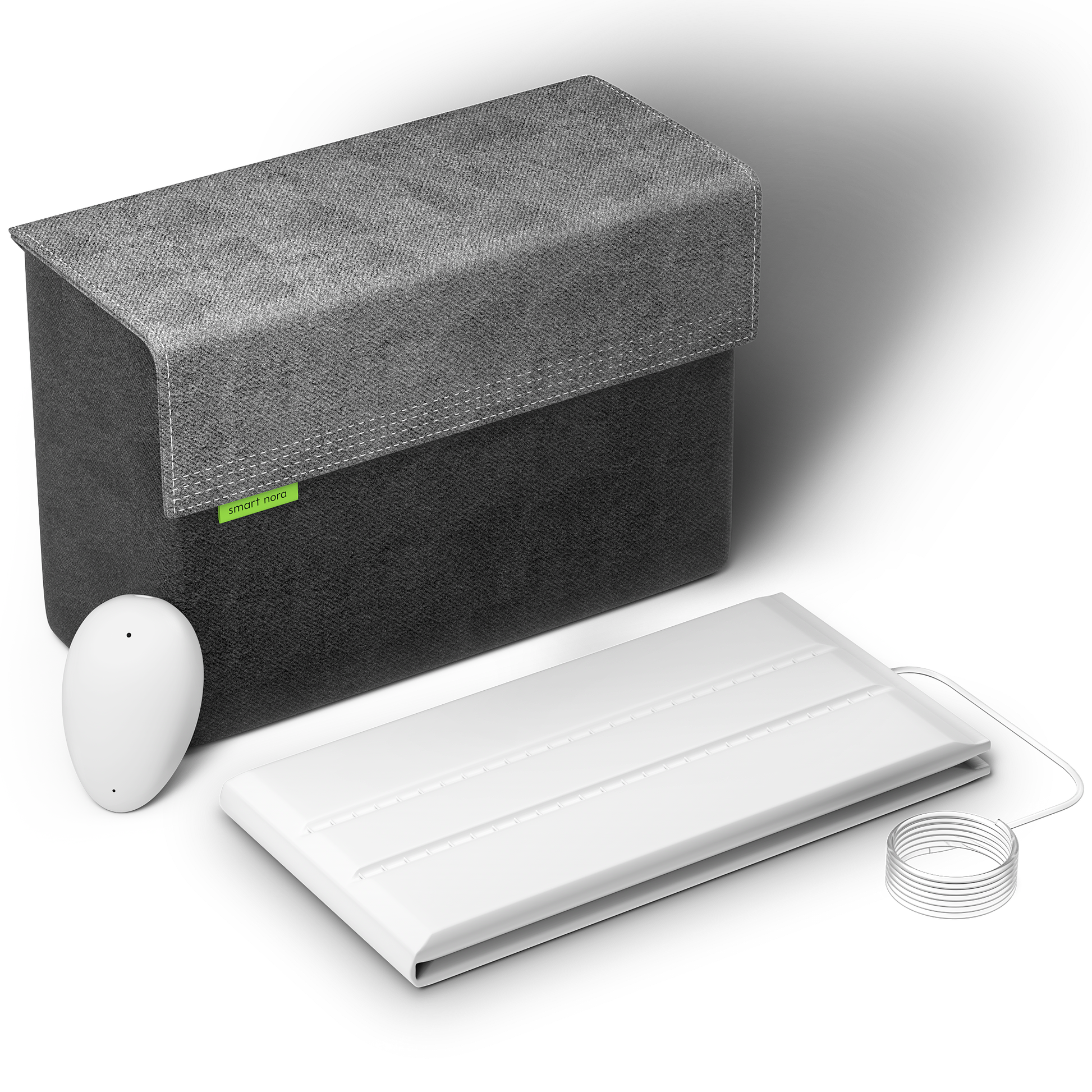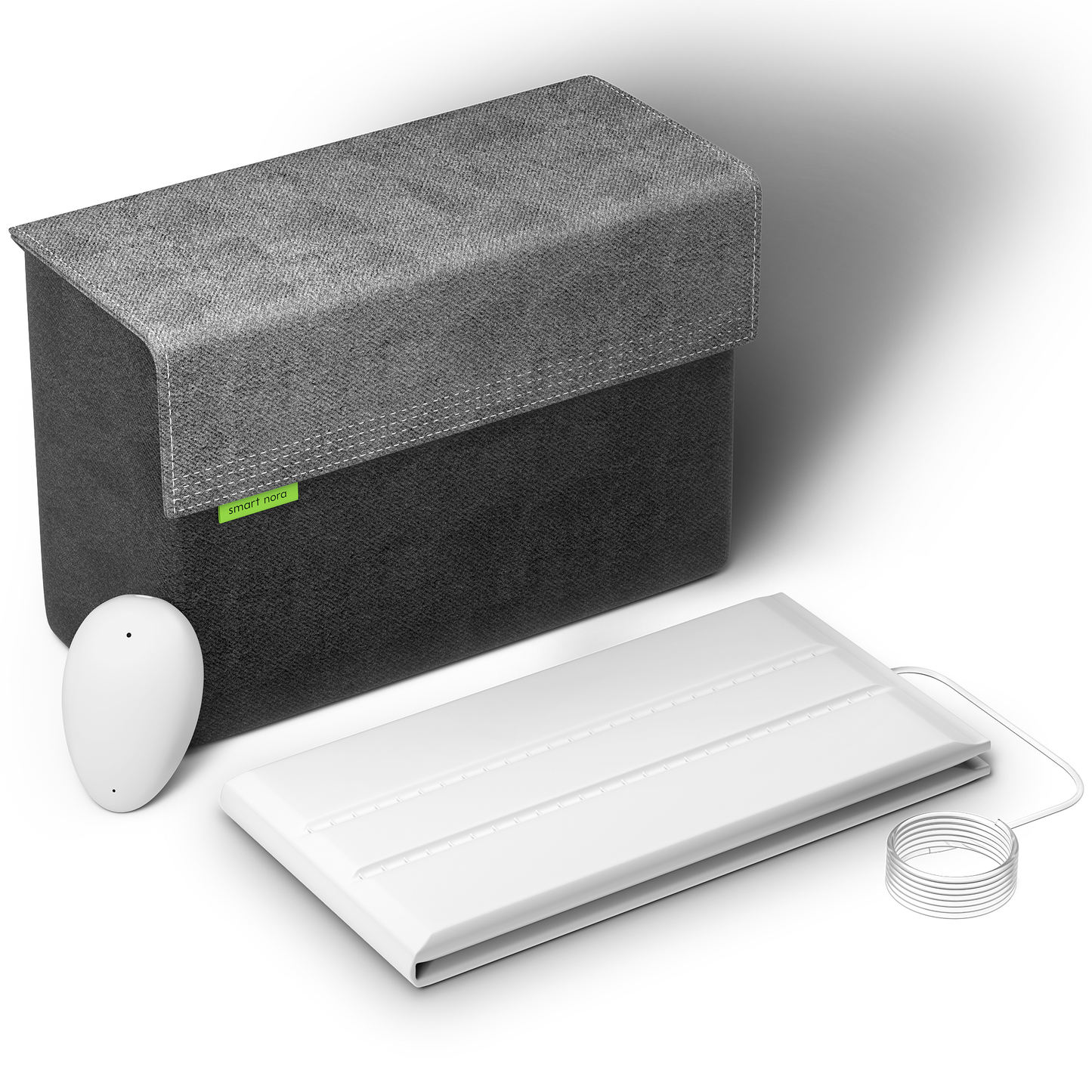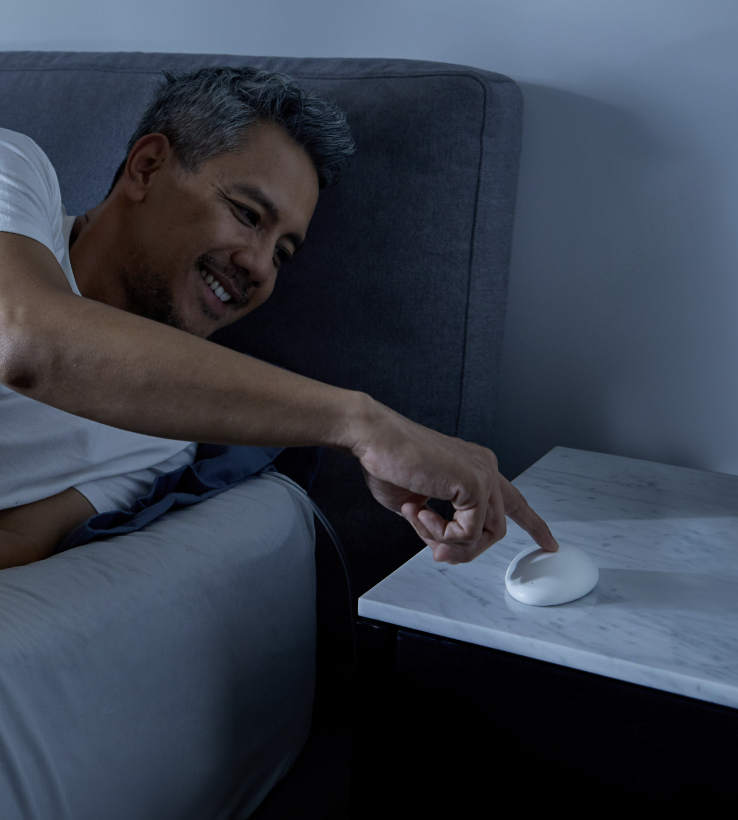Don’t you feel all mellow and comfy upon hearing the fiver-letter word: sleep? Even if it’s just a small nap in the afternoon, you feel fresh and energetic to get back to work. And when you sleep like a baby at night, it gives your body the necessary time to relax and rejuvenate. But do you feel exhausted, tend to forget things or unable to recollect memories when you don’t sleep well? Well, that’s because sleep affects not only your body but also your memory building and storing capabilities.
Very few people know that a good night’s sleep is essential to help your brain function properly. While sleeping, your brain processes all the information and activities of the day and turns them into memories. So, if you don’t sleep for at least seven to eight hours, you might not be storing memories, which sounds pretty gloomy.
Hence, people suffering from sleep deprivation tend to have problems with poor cognitive skills. In fact, it can also increase the chances of dementia and Alzheimer’s dementia. Learn more about how lack of sleep can affect your memory and how you can improve sleep to ensure proper mental and cognitive functioning.
How are Sleep and Memory Related?
While sleep puts our body to rest, it keeps our brain busy as we go through the different sleep stages. First is the Non-REM sleep, which involves three phases–phase one is falling asleep, phase two is deep sleep, and phase three is very deep sleep. It is after these three phases that we achieve REM sleep, probably after 90-120 minutes.
Sleep produces essential slow brain waves from the middle frontal lobe during the second and third phases of Non-REM sleep. Simultaneously, it transfers memories from the hippocampus (the part of the brain that temporarily stores memories) to the prefrontal cortex. In contrast, the prefrontal cortex is considered a permanent location.
This process continues during REM sleep, making memory storage stronger. Further, neuron connections are strengthened during REM sleep, which improves your creative and critical thinking. However, sleep deprivation causes overworking of these neurons and affects their functioning, disrupting how your brain processes information and the capability to learn or remember.
In fact, neural circuits that chain the hippocampus to other parts of the brain are repositories of episodic memories and emotions connected with them. Likewise, the first two phases of Non-REM sleep influence motor learning and muscular coordination, like brushing our teeth.
But for a piece of information or activity to become a memory, your brain must accomplish three things: acquisition, consolidation, and recall. While acquisition and recall happen when you’re awake, you need sleep to consolidate a memory, which otherwise makes it difficult for the brain to digest and recall information.
Generally speaking, an adequate amount of good night’s sleep bolsters our learning and problem-solving skills and improves creativity. Likewise, lack of sleep can affect your judgment and your performance at work.
How is the Brain Affected During Sleep?
Just like sleep affects our body and its restoration process, it is also essential for our brain function, enabling our nerve cells to revitalize. During sleep, the brain’s glymphatic system throws out waste from the central nervous system. Basically, a good night’s sleep helps clear out the harmful byproducts typically formed throughout the day from our brain, enhancing the brain’s productivity when you wake up in the morning.
Studies also show that sleep boosts memory function by transforming short-term memories into long-term. Further, sleep is also helpful in removing unimportant information that can space up the nervous system and hamper our brain function. In fact, research states that even one night of lack of sleep can hamper working memory, which is critical for reasoning and planning.
Additionally, sleep affects parts of the brain that regulate emotions, promoting our emotional health. The limbic system is a collection of interconnected structures such as the Amygdala, Hypothalamus, Hippocampus, and Limbic cortex, which are situated deep inside the brain.
These different parts regulate different emotions; for instance, the amygdala and hypothalamus control fear. So, if someone’s brain is hampered by the affected amygdala, they don’t respond well to dangerous situations. If you’re sleeping well every night, the amygdala can react responsively; if not, the amygdala will probably overreact.
Yet again, sleep and mental health are interlinked. Lack of sleep or sleep disorders can deteriorate mental health, whereas mental health issues can also result in restless sleep.
Effects of Sleep Deprivation on Brain
Do you often forget things, or is it difficult for you to concentrate on activities? Then, probably you’re sleep deprived. Not sleeping for at least seven hours a night can hamper your body’s and brain’s functionality. You can experience mood issues, sleep deprivation headaches, and judgment impairment, and if sleep deprivation persists for a long time, you’re at risk of dementia or cognitive decline. There are a few other effects of sleep deprivation on the brain:
Sets Back Thought Process
Lack of sleep can also make you feel ‘foggy,’ which can cause reduced concentration and alertness, and when you’re unable to concentrate, you get easily confused. Hence, you will have difficulty performing activities requiring logical reasoning. Likewise, you can also experience impaired judgment, where you find it challenging to make decisions.
Memory Impairment
By now, you must have guessed this–excessive sleepiness can weaken your long-term and short-term memory. If the NREM and REM sleep cycle is disturbed, it affects how your brain processes and stores memories. Similarly, even if you sleep for adequate hours but experience fragmented sleep, it can still adversely affect your memory.
Hampers Learning
Since you can’t focus enough, it can be pretty challenging to understand any information, making learning difficult for you. Additionally, with a weakened memory, you can’t learn properly.
Impairs Cognitive Functioning
Learning malfunctioning and weak memory results in poor functioning at cognitive tasks. It reduces your place keeping, affecting your ability to perform instructions such as motor skills, reading, etc.
Slower Response
Lack of sleep at night can make you sleepy the other day, making your response slower. So if you’re behind the wheel, drowsiness equals drunk driving. And if you’re drunk along with being drowsy, you’re putting your life at risk.
Alzheimer’s Dementia
If poor or lack of sleep persists, chances are high that you might develop Alzheimer’s dementia. In fact, studies show that people suffering from sleep problems have a higher risk of Alzheimer’s dementia.
How to Prevent Sleep Deprivation?
Nevertheless, on the brighter side, you can treat sleep deprivation. Here are some tips to help you sleep better and avoid mental and cognitive problems:
- Stick to a sleep schedule, and sleep and wake up at the same time.
- Exercise regularly but avoid doing it before bedtime.
- Prevent consuming alcohol, caffeine, and nicotine before your good night’s sleep.
- Create a warm and cozy sleep environment–keep your room dark and maintain a low temperature.
- Restrict yourself from using a phone or any electronic device before sleep.
- Ensure a balanced diet with the proper amount of nutrition and proteins.
Sleep and Mental Well-being are Important
Ultimately, sleep cannot be overlooked as it can affect both your body and mind. If we take sleep for granted, we will experience its toll in some way or another. But if you cannot sleep because of a snoring partner, you can kick out that irritation and sleep peacefully by using smart anti-snoring solutions such as Smart Nora. The device detects snoring sounds and gently moves the snorer’s pillow to stop them. Do not worry–it’s contact-free, hassle-free, and functions in silence, enabling you to enjoy snore-free nights.














